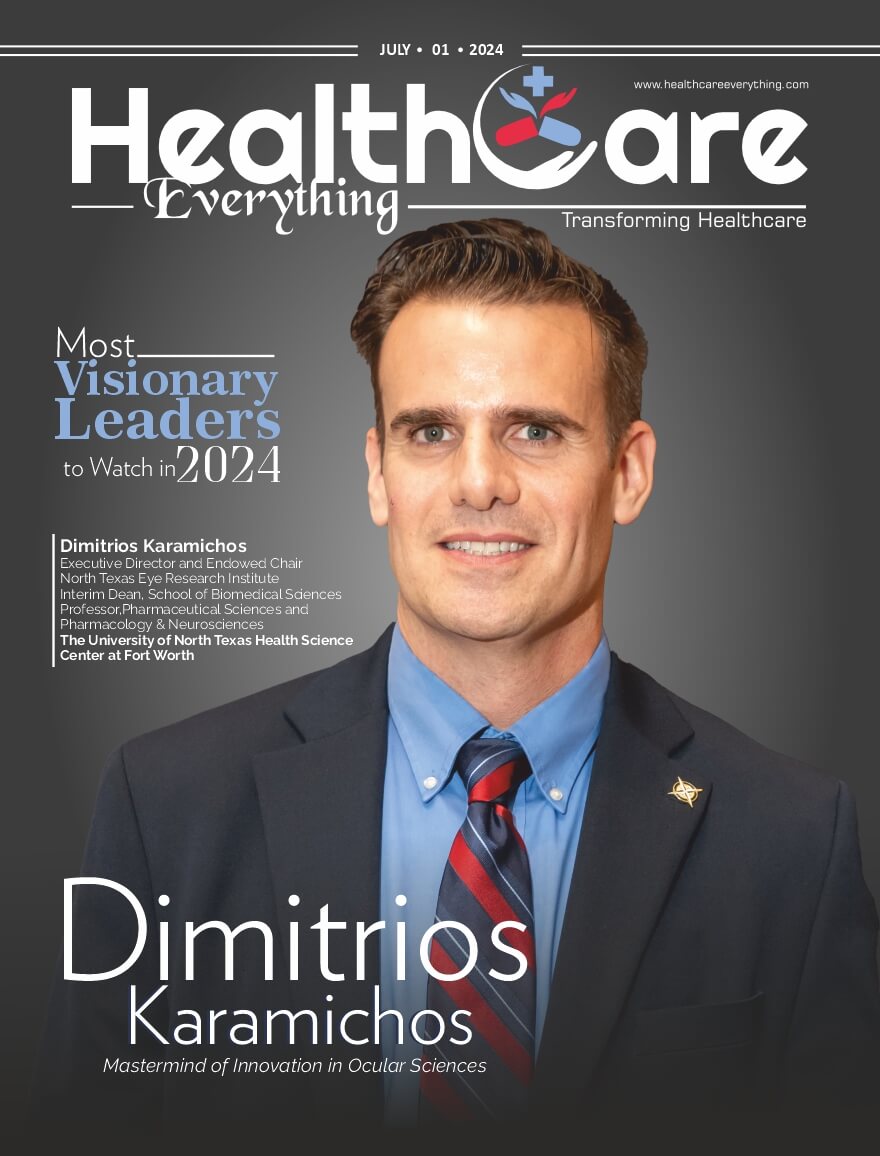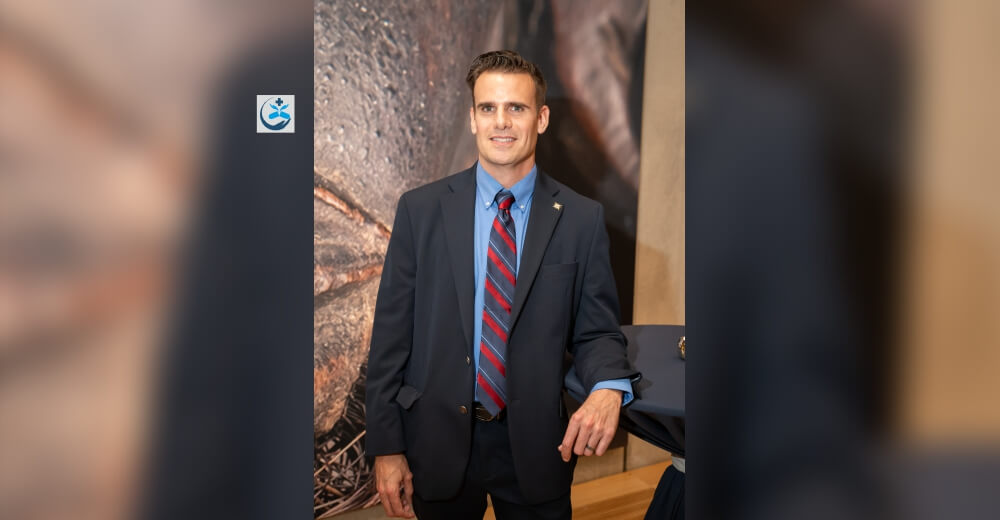Does anyone truly possess the right to determine whether someone should come into this world or be terminated during pregnancy? If the answer is “Yes,” then who holds such power? These questions linger without definitive answers. If a sex worker can give birth to a king, then a child, through whatever means nature has ordained for its arrival, deserves a chance to see the light of day. Rape is highly despised, just as having a baby out of wedlock is frowned upon, but many of us entered this world in ways beyond our control. Thus, asserting complete control over the natural passage to our new and beautiful world is a complex endeavor –we should let nature take its course.
Abortion and Its Controversies
Abortion stands at the crossroads of moral, ethical, and legal debates. While some perceive it as a crime, others view it as a path to redemption. But what exactly are individuals saved from, making abortion a path to redemption? It has always revolved around stigma, shame, and societal rejection of those involved. Some argue that she may not be a victim, and this act may result from indiscipline – a lack of self-control. But who possesses the exact answer, or, one might ask, who has the right to judge?
Understanding Abortion
Abortion is the termination of a pregnancy “before,” the fetus can survive independently outside the womb. It can be a complex and emotionally charged decision for individuals and couples facing unexpected or challenging circumstances. There are various methods of abortion, including medical abortion (induced through medication) and surgical abortion (a procedure performed by a healthcare provider). The specific method chosen may depend on various factors, including the stage of pregnancy and the individual’s health.
Navigating Abortion Choices
The best approach to abortion varies depending on individual circumstances and local regulations. It is crucial to consult with a healthcare provider or a reputable healthcare facility to discuss options, potential risks, and the legality of abortion in your region. Seeking professional guidance is essential to ensure safety and access to appropriate care.
The Consequences of Abortion
Abortion can have physical, emotional, and psychological consequences, which can vary widely from person to person. So, be sure you can handle these consequences before adopting aborting as an option. Some individuals may experience relief after an abortion, while others may grapple with complex emotions such as guilt, sadness, or regret. It is crucial for those considering abortion to receive appropriate counseling and support tailored to their needs.
Why Abortion Must Be Discussed
Abortion is not a matter that can be swept under the rug or left to secrecy. It is a critical aspect of reproductive healthcare, and discussing it openly is crucial for several reasons:
- Health and Safety: Keeping abortion a taboo subject can endanger the health and safety of individuals seeking abortion services. When the topic is discussed openly, individuals are more likely to seek professional medical care rather than resorting to unsafe and clandestine methods.
- Rights and Autonomy: Every individual has the right to make decisions about their own body, including whether to continue or terminate a pregnancy. Open dialogue acknowledges and respects this fundamental autonomy.
- Reducing Stigma: By discussing abortion openly, we can work towards reducing the stigma surrounding it. Stigmatizing abortion can lead to feelings of shame and isolation for those who have made this choice. Removing stigma is essential for promoting mental and emotional well-being.
- Informing Choices: Comprehensive and honest discussions about abortion provide individuals with the information they need to make informed decisions. When people have access to accurate information, they are better equipped to make choices that align with their values and circumstances.
- Support and Compassion: Open dialogue about abortion encourages a more empathetic and compassionate society. It allows us to support those who may be facing difficult decisions and ensures that individuals feel heard and understood during a challenging time.
Abortion Is Not a Crime If the Child Was Not Intended
One argument frequently made in favor of abortion is that it should not be considered a crime if the child was not intended for in the first place. Here are some reasons to consider when discussing this viewpoint:
- Unintended Pregnancies: Unintended pregnancies are a common occurrence, even among individuals who take precautions. Contraception can fail, and life circumstances can change unexpectedly. Abortion provides a necessary option for individuals facing these situations.
- Responsible Decision-Making: Advocates for this perspective argue that it is responsible to evaluate one’s readiness to become a parent. Forcing individuals to bear the lifelong responsibility of parenthood when they are not prepared can have adverse consequences for both the parent and the child.
- Ethical Considerations: Some individuals believe that it is more ethically responsible to terminate a pregnancy if they genuinely believe they cannot provide a stable and nurturing environment for a child. This perspective emphasizes the importance of quality over quantity in parenting.
- Legal and Safe Access: Ensuring legal and safe access to abortion services is a way to protect the health and well-being of individuals who find themselves in unintended pregnancies. Criminalizing abortion can lead to dangerous and potentially deadly alternatives.
Conclusion
Discussing abortion openly and honestly is a necessary step towards a more compassionate and understanding society. Recognizing that abortion is not a crime if the child was not intended is a crucial aspect of respecting individual autonomy and promoting responsible decision-making. By fostering open dialogue, we can reduce stigma, support those in need, and empower individuals to make informed choices about their reproductive health.
In the debate surrounding abortion, questions about who should have the authority to make decisions about pregnancy and whether abortion should be seen as a path to redemption continue to be contentious. Ultimately, the decision to have an abortion is a deeply personal one, influenced by a multitude of factors, and it should be made in consultation with healthcare professionals and with an understanding of the legal and social context in one’s region. Reducing stigma and ensuring access to comprehensive reproductive healthcare remain crucial goals in addressing this complex issue. Abortion is a multifaceted topic that deserves nuanced and compassionate discussion, aiming not for judgment but for understanding and support. It is through such conversations that we can work towards a society where individuals can make the best choices for their unique circumstances, free from undue stigma and judgment.
Thoughts by Chidiebere Moses Ogbodo, EIC







